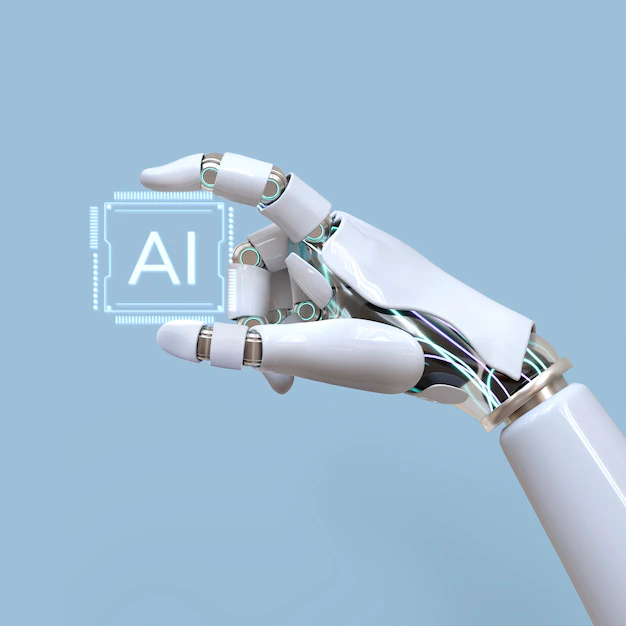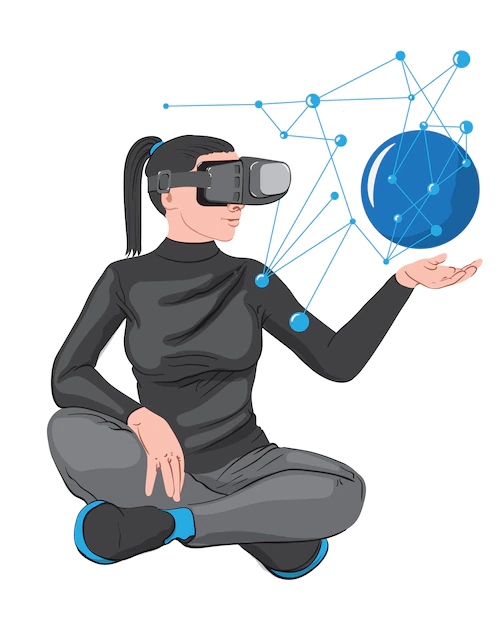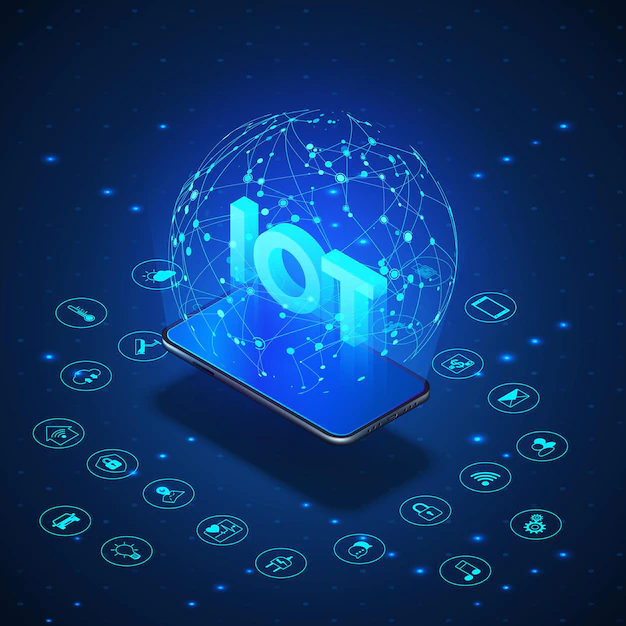The Future of Technology: Trends to Watch Out for
Technology has been advancing at an exponential rate in recent years, and the future of technology looks to be just as exciting. With new developments and innovations happening every day, it can be challenging to keep up with the latest trends and predictions. In this article, we'll explore some of the top technology trends to watch out for in the coming years.
1. Artificial Intelligence (AI) and Machine Learning
Artificial intelligence (AI) and machine learning have been around for some time, but they are now advancing at an unprecedented pace. AI is a type of computer software that can learn and adapt to new situations, and it has the potential to transform many industries. AI algorithms can be used to improve healthcare outcomes, automate manufacturing, and optimize supply chains. They can also be used to create more personalized experiences for customers, such as chatbots that can interact with customers in real-time.
2. Blockchain Technology
Blockchain technology is a digital ledger that can be used to securely and transparently record transactions. It has the potential to revolutionize industries such as finance, logistics, and supply chain management. Blockchain can be used to improve transparency and accountability, and it has the potential to disrupt traditional business models by allowing for peer-to-peer transactions without the need for intermediaries.
3. 5G Networks
5G networks are the next generation of mobile networks, and they promise to deliver faster speeds, lower latency, and greater capacity than current 4G networks. With 5G, it will be possible to download a movie in just a few seconds and stream high-quality video with no buffering. 5G networks will also enable the Internet of Things (IoT) to become a reality, as billions of devices can be connected to the internet with no lag or delay.
4. Virtual Reality and Augmented Reality
Virtual reality (VR) and augmented reality (AR) are two technologies that are already making waves in industries such as gaming and entertainment. VR allows users to enter a completely immersive digital environment, while AR overlays digital information onto the real world. In the future, these technologies could be used in industries such as healthcare and education to create more engaging and interactive experiences for users.
5. Quantum Computing
Quantum computing is a new type of computing that uses quantum mechanics to perform calculations. It has the potential to solve problems that are currently impossible for classical computers, such as simulating the behavior of molecules or optimizing complex systems. Quantum computing is still in its early stages, but it has the potential to revolutionize industries such as finance and healthcare.
6. Internet of Things (IoT)
The Internet of Things (IoT) refers to the network of devices that are connected to the internet, from smart home devices to industrial sensors. As more and more devices become connected, the IoT will become a vast network of data that can be analyzed to create new insights and opportunities. IoT devices can be used to optimize industrial processes, improve healthcare outcomes, and even reduce energy consumption.
7. Cybersecurity
As technology advances, cybersecurity will become increasingly important. With more data being generated and shared than ever before, there is a growing need for robust cybersecurity measures to protect sensitive information. Cybersecurity threats can come from a variety of sources, including hackers, viruses, and malware. Companies and individuals will need to take cybersecurity seriously to protect themselves from these threats.
8. Robotics
Robots are already used in industries such as manufacturing and healthcare, but their use is set to expand in the coming years. As robots become more sophisticated and capable, they will be used in a wider range of industries and applications. They will be used to automate tasks that are currently performed by humans, from manufacturing to cleaning to delivery.
In conclusion, the future of technology looks to be exciting and full of possibilities. From AI and machine learning to blockchain technology and 5G networks, there are many trends to watch out.
These technologies have the potential to transform industries, improve outcomes, and create new opportunities. However, they also come with their own challenges and risks, such as the need for robust cybersecurity measures and concerns around job displacement. It will be up to individuals, companies, and governments to navigate these challenges and ensure that technology is used in a responsible and beneficial way.
As we look to the future of technology, it is clear that we are only scratching the surface of what is possible. The trends we have explored in this article are just the tip of the iceberg, and there are sure to be many more exciting developments in the years to come. By staying informed and keeping up with the latest trends, we can prepare ourselves for a future that is full of opportunities and possibilities.









Comments
Post a Comment